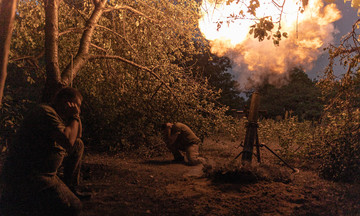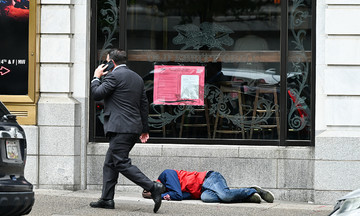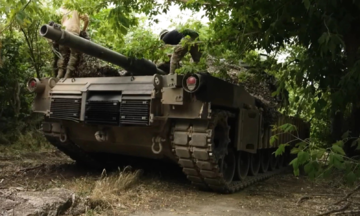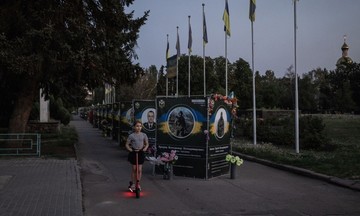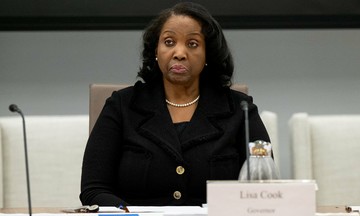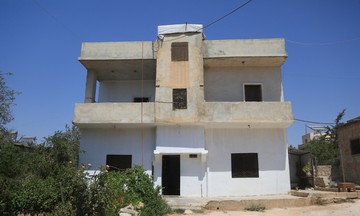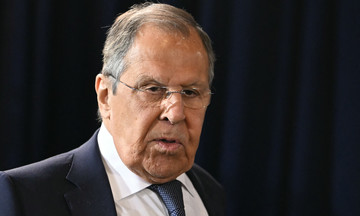Concerned about being sidelined in the upcoming summit between US President Donald Trump and Russian President Vladimir Putin, European leaders met with several high-ranking Ukrainian and American officials on 9/8 near London, England.
At the meeting, European officials expressed solidarity with Ukrainian President Volodymyr Zelensky and emphasized that the US should consider their concerns about Russia's objectives at the summit, according to two anonymous European officials familiar with the matter.
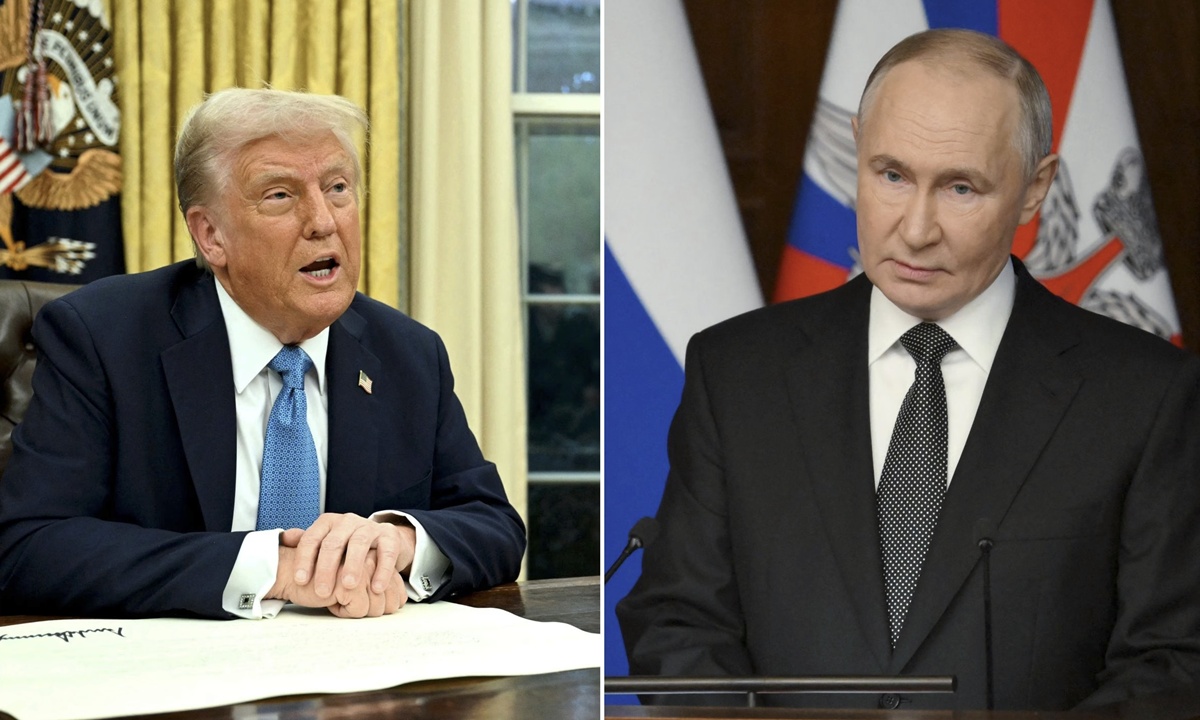 |
US President Donald Trump (left) and Russian President Vladimir Putin. Photo: AFP |
US President Donald Trump (left) and Russian President Vladimir Putin. Photo: AFP
European officials reiterated their support for Ukraine's position, asserting that a ceasefire must precede negotiations on any territorial changes. They also stressed that any agreement must include security guarantees, including assurances from the US.
They emphasized that the US and Russia cannot reach an agreement without representation from Ukraine or Europe, whom President Trump believes should be responsible for Ukraine's security after an agreement. According to European leaders, NATO will also not block Ukraine's path to membership, though admitting Kyiv under current circumstances is unrealistic.
The meeting, chaired by British Foreign Secretary David Lammy and US Vice President JD Vance, included senior officials from Ukraine and Europe. Steve Witkoff, Trump's special envoy, who met with President Putin on 6/8, attended virtually.
European officials primarily focused on understanding what President Putin had discussed with Witkoff about a solution to end the Russia-Ukraine conflict.
Russia has long insisted that any agreement must recognize Crimea and 4 annexed provinces in eastern Ukraine – Lugansk, Donetsk, Kherson, and Zaporizhzhia – as Russian territory. However, there have been indications that Russia might be willing to soften its territorial demands.
Based on their understanding of President Putin's proposal, European leaders believe he now wants to maintain control of Crimea and the entire Donbass region of Ukraine, including Lugansk and Donetsk provinces, encompassing territories Moscow does not currently control.
In return, President Putin would agree to a ceasefire to freeze the current front lines in other areas, including Kherson and Zaporizhzhia, where Russian forces also control some territory.
Ukraine has consistently maintained that it wants a ceasefire before discussing territorial issues. Kyiv is unwilling to cede areas Moscow doesn't currently control, as President Zelensky stated on 9/8. Ukraine also rejects the possibility of permanently relinquishing territories recognized under international law.
According to two European officials, European leaders are also concerned that Presidents Trump and Putin might negotiate ceasefire terms and finalize an agreement, forcing Ukraine to comply. They are trying to emphasize to President Trump that Ukraine must be present at the negotiating table.
After the meeting, European leaders issued a joint statement supporting Ukraine, rejecting Russia's idea of territorial concessions before a ceasefire, and urging President Trump to increase pressure on Moscow.
The statement from leaders of the UK, Finland, France, Germany, Italy, Poland, and the European Union (EU) welcomed President Trump's negotiation efforts but asserted that any diplomatic solution must protect the vital security interests of both Ukraine and Europe.
"The path to peace in Ukraine cannot be decided without Ukraine," the statement read.
French President Emmanuel Macron posted a similar message on social media on 9/8, after phone calls with his Ukrainian counterpart, British Prime Minister Keir Starmer, and German Chancellor Friedrich Merz.
"Europe must certainly have a role in the solution to the war, as this concerns our security," he said.
On the evening of 6/8, President Trump informed European leaders of some details about the meeting between his special envoy, Witkoff, and President Putin in Moscow. He outlined proposals from his Russian counterpart, including the idea of a territorial exchange, which shocked European officials. According to two senior EU officials, Trump did not provide much information about Putin's offer but said the exchange proposal would involve Russia controlling the entire Donbass region.
Russia fully controls Lugansk province, but not all of Donetsk. Despite this, Moscow has declared the annexation of both provinces.
Since 6/8, European and Ukrainian leaders have tried to clarify President Putin's territorial exchange proposal but have not resolved the ambiguities.
They are unsure whether this agreement would freeze fighting in Zaporizhzhia and Kherson or whether President Putin maintains his original position, demanding Ukraine surrender those areas, including the crucial nuclear power plant Russia controls in Zaporizhzhia.
President Trump and his special envoy, Witkoff, have recently intensified efforts to find quick solutions to major global conflicts. But the wars in Ukraine and Gaza are considered extremely complex issues, making it difficult to apply quick negotiation strategies like those used in the Cambodia-Thailand or India-Pakistan conflicts.
Therefore, the viewpoints of the Trump administration and Europe on how to handle these conflicts are increasingly diverging. Europe wants to find a lasting solution that ensures their position and interests, especially regarding Ukraine.
The EU has been racing to ensure the US will listen to their views before the summit in Alaska on 15/8. They are also working to ensure President Zelensky participates in a trilateral meeting with his Russian and American counterparts, which Moscow has so far rejected.
Europe also wants a seat at the negotiating table, but this is considered unlikely. However, US Secretary of State Marco Rubio has consulted with European partners about the upcoming summit.
Last week, Mr. Rubio said Russia had at least clarified some conditions for a potential agreement, and they do not necessarily mean Moscow must win across all of Ukraine. However, he implied that Ukraine would have to cede territory to reach an agreement.
European officials believe President Putin values the symbolic significance of a summit between Washington and Moscow. But while the Russian leader is interested in easing sanctions, he has so far felt no need to make significant concessions.
European officials also worry that conceding too much to Russia will complicate regional security in the future.
"If borders can be changed by force, no border will be safe," Estonian Foreign Minister Margus Tsahkna posted on X on 9/8, affirming that Ukraine "can count on our unwavering support in its pursuit of a just and lasting peace."
Vu Hoang (According to AFP, Reuters, AP)






